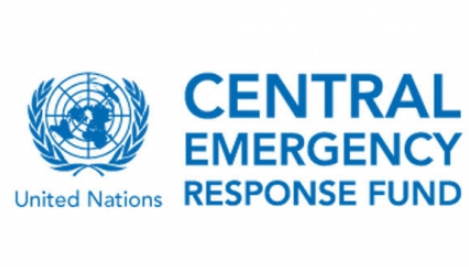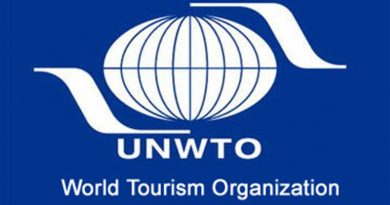The U.N. allocates $250m for crises like famine threat in Africa and forgotten crises around the world
The Central Emergency Fund for Africa has received its largest-ever allocation of $250 million, according to UN Secretary-General António Guterres.
The $250 million, according to the secretary general, would support communities in Africa that are at risk of starvation as well as other “forgotten crises” around the world.
This might seem like a lot of money, but the UN warned earlier this month that simply to help Somalia, which is currently experiencing its worst drought in four decades, $2.6 billion was needed.
One of the quickest and most efficient ways to guarantee that desperately needed humanitarian aid reaches those caught up in crises is through the UN’s Central Emergency Response Fund, CERF. The UN Global Emergency Response Fund (CERF),established by the UN General Assembly in 2005, enables humanitarian responders to provide life-saving aid whenever and wherever disasters occurs around the world.
When a new disaster arises, country teams can instantly begin relief activities in a coordinated and prioritized response thanks to CERF’s Rapid Response window, which serves as a crucial enabler of global humanitarian action. When no other money is available, CERF’s window for underfunded emergencies aids in scaling up and maintaining long-term relief operations to prevent crucial gaps. The Central Emergency Fund for Africa is one of the programs funded by CERF.
To date, a total of 185 Governments and Organizations from around the World have made donations to CERF totaling $8,527,604,100 with another sum of $273,803,960 in pledges. These donors include the Federal Government of Nigeria, the Nigerian Economic Summit Group (NESG) and the Daystar Christian Centre.




